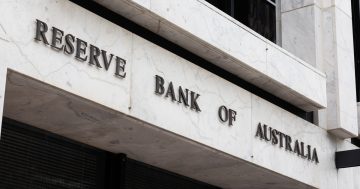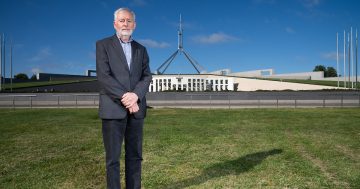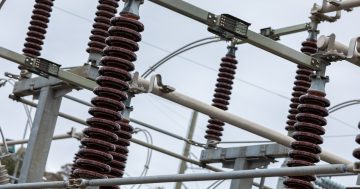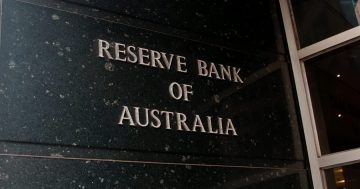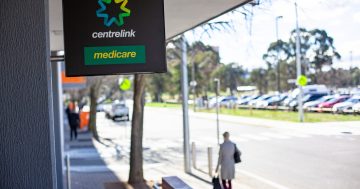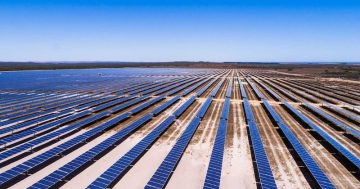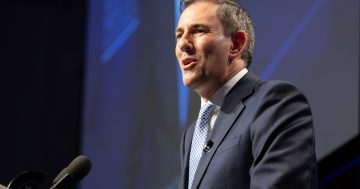Sam Jacobs* says Westpac’s senior economist believes the recent fall in household energy costs will help hold down inflation.
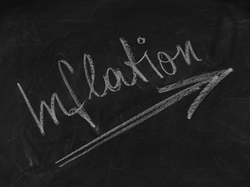 Falling energy costs could be a “game-changer” that will put downward pressure on inflation, Westpac says.
Falling energy costs could be a “game-changer” that will put downward pressure on inflation, Westpac says.
Senior Westpac economist Justin Smirk said the bank now expects annual headline inflation growth to reach just 1.7 per cent by the end of 2019.
That’s right, 1.7 per cent.
A figure so low that Smirk clarified in his research the revised number wasn’t a typo.
“That is correct; not only do we not expect inflation to return to the mid point of the RBA’s [Reserve Bank of Australia] 2–3 per cent target band, we don’t expect it to get back into the band,” Smirk confirmed.
The bank’s revised outlook follows further analysis of quarterly inflation data for Q2, which missed slightly to the downside.
“Our interest is focused on housing costs, as where housing costs go, so too does non-traded inflation,” Smirk said.
Non-tradable items comprise around 60 per cent of the consumer price index (CPI) basket.
Housing costs rose by 0.2 per cent for the quarter, slightly ahead of the 0.1 per cent forecasts.
But Smirk said the composition of the data was particularly interesting this time around.
In particular, he noted the fall in utility costs, which was higher than anticipated (–1.2 per cent, against –0.9 per cent forecast).
“For utilities, there was an expected fall in electricity bills [–1.3 per cent q/q] and an even larger fall in gas and other household fuels [–2.2 per cent q/q],” Smirk said.
It marks a notable shift since the end of last year, when utility costs were being driven higher by rising electricity and gas prices.
Smirk highlighted three reasons for the shift:
- A policy change last year by the Queensland Government.
- An “unexpected surge in renewable power generation”, causing a reduction in wholesale electricity prices.
- The Federal Government’s intervention in the gas market to ensure more gas for domestic use.
“This is a game changer,” Smirk said.
“Until recently, we had expected that rising electricity prices would remain a meaningful inflationary pulse at least through 2018 and possibly into 2019.”
In addition, “we have been conservative with the estimated decline and suggest the risks to our electricity inflation forecasts lie more to the downside than the upside”.
In terms of what that means for RBA policy, Smirk made it clear that falling utility costs would only weigh on headline inflation — as opposed to core inflation.
Core inflation is seen as being of more importance to official interest rate settings from the RBA.
And Smirk expects annual core CPI growth to hold at the bottom end of the RBA’s target range, reaching 2.1 per cent by the end of next year.
“As such, we think it is too early to start debating the risk of a rate cut by the RBA,” Smirk said.
Smirk highlighted comments from RBA Governor, Philip Lowe at June’s central banking forum in Europe, in which he maintained his focus on financial stability.
Lowe said that given steady employment growth isn’t translating into higher inflation, another interest rate cut would most likely just serve to boost credit growth and further inflate house prices, rather than provide the impetus for an inflationary boost via higher wages.
* Sam Jacobs is Markets and Economics Reporter for Business Insider Australia. He tweets at @Mr_SamJacobs.
This article first appeared at www.businessinsider.com.au.



